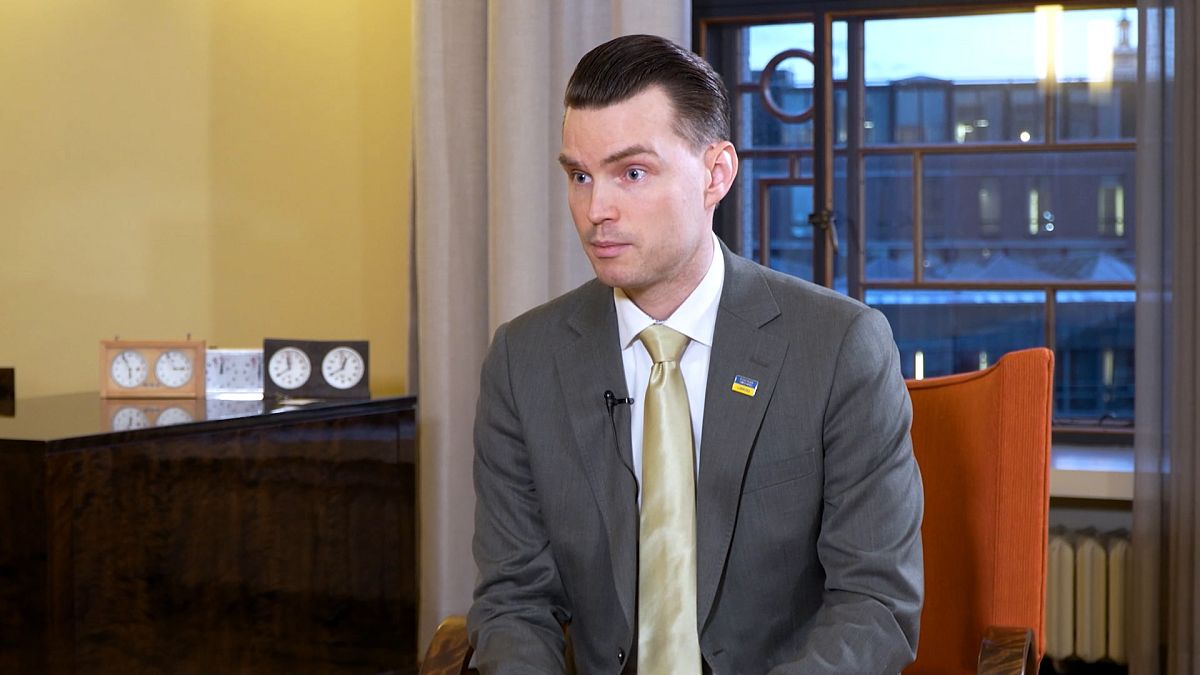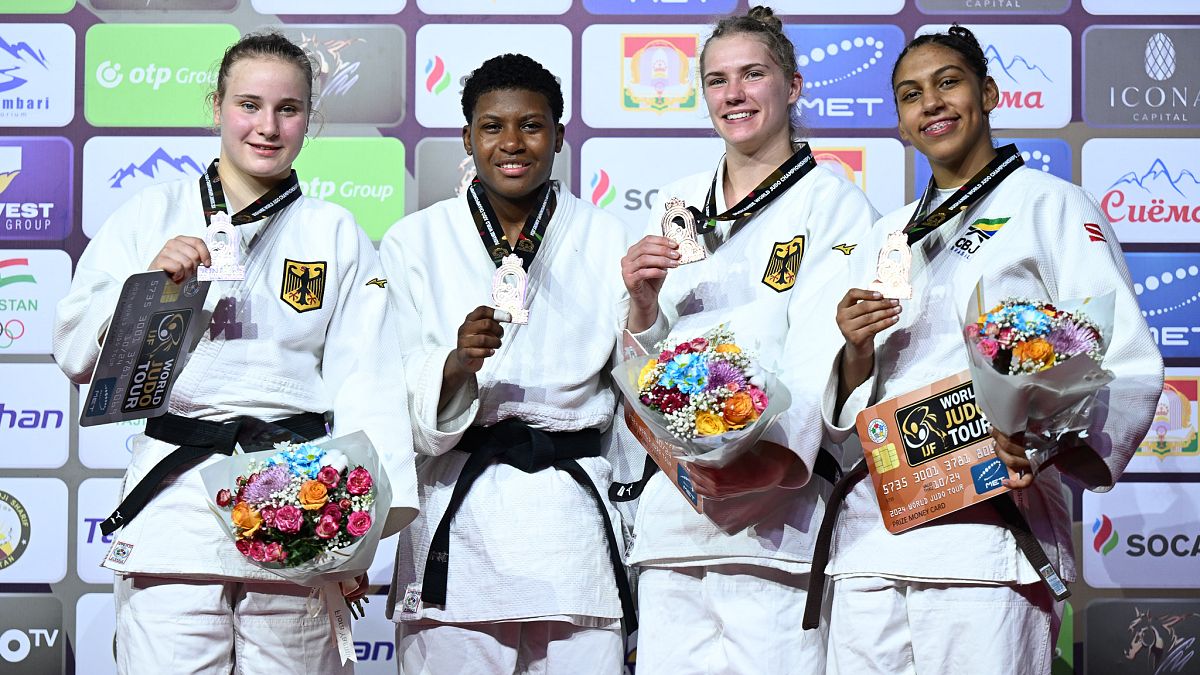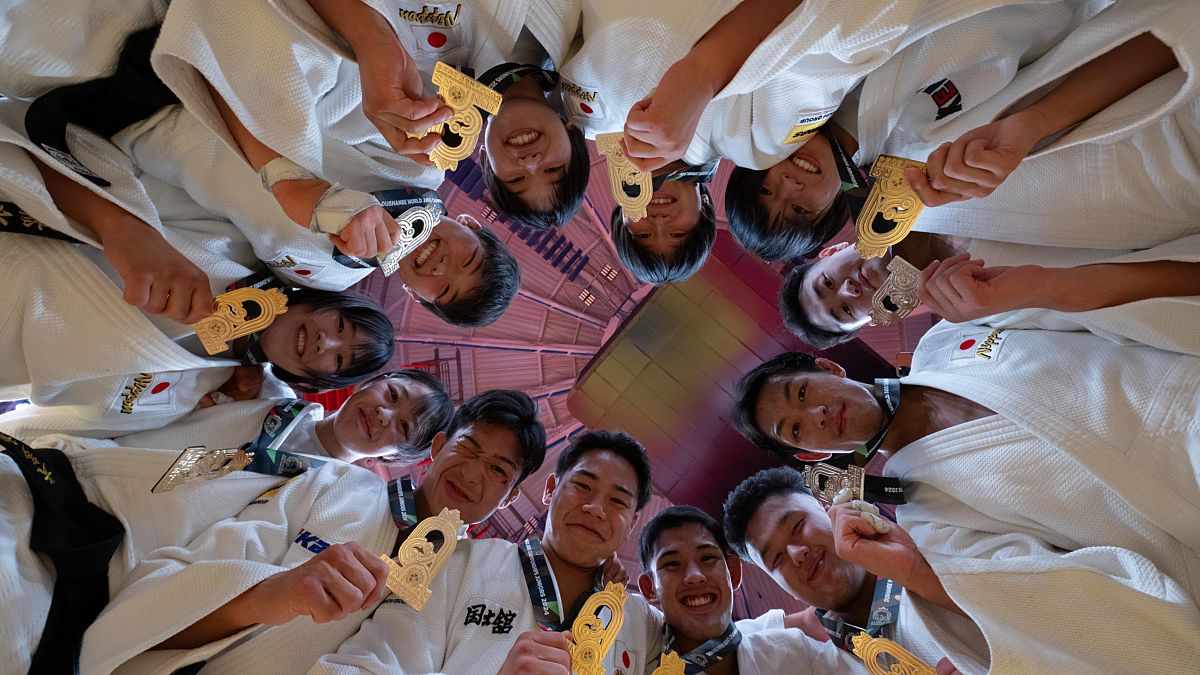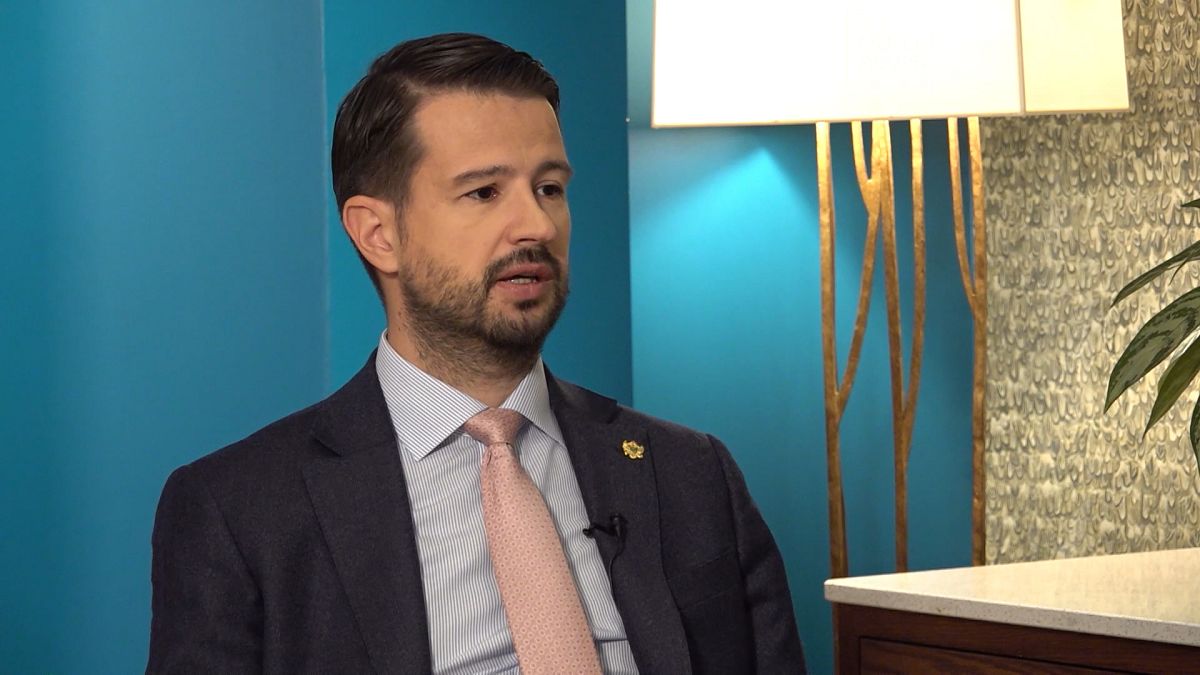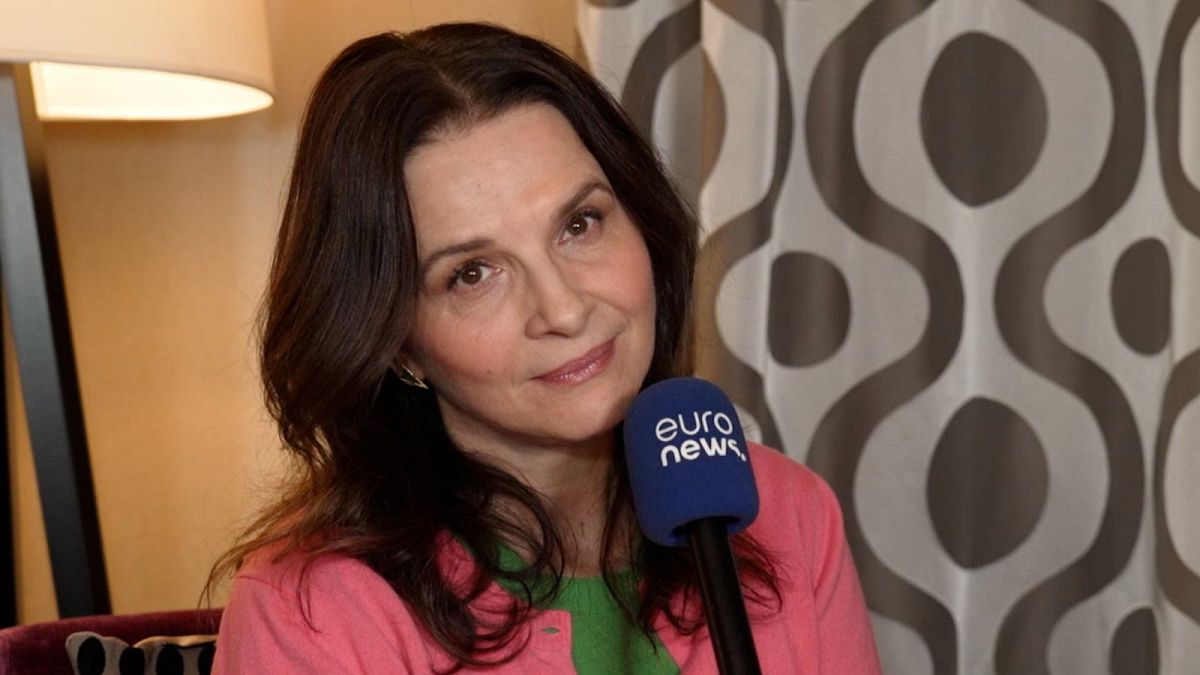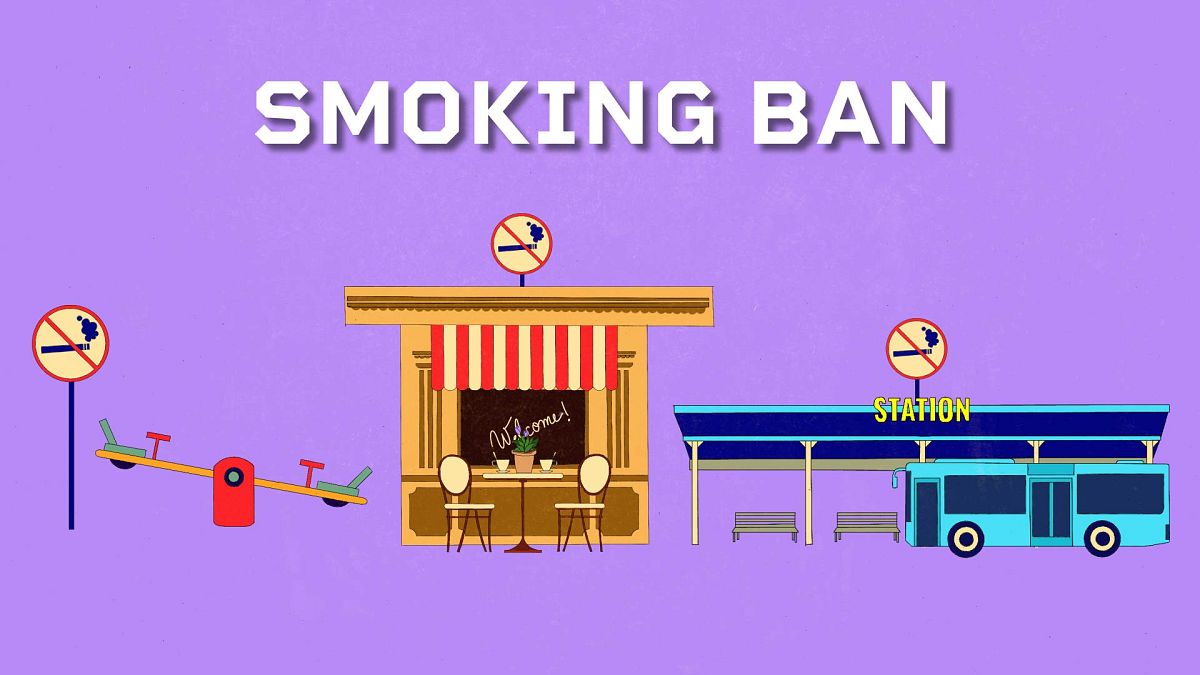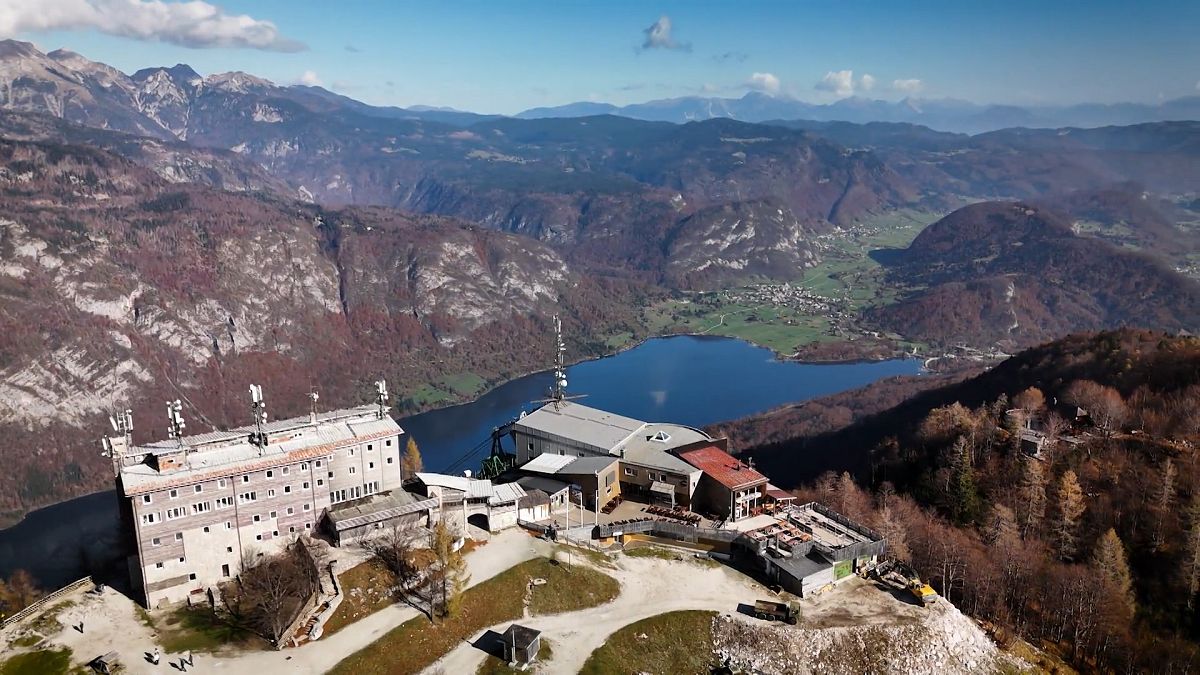Tackling social isolation: Northern Europe steps up to the challenge
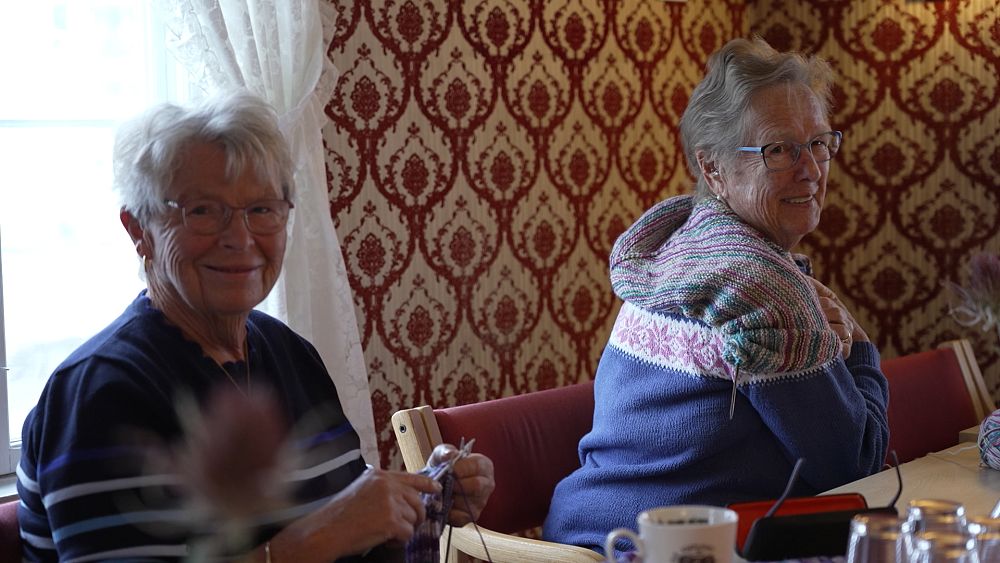
A vast European project is underway in seven countries across the North of Europe, to combat isolation by promoting inclusion. We take a look at the results in Norway.
Loneliness is detrimental to the physical and mental health of those who suffer from it, but also to their social cohesion. In several northern European countries; universities, municipalities, companies and associations have joined forces to move from isolation to inclusion as part of the European ‘i2i’ project.
“We know that people who are lonely and isolated, are at risk of being depressed. They can also be at risk of different illnesses,” says Elin Thygesen, i2i project coordinator and representative of the University of Bergen. “Therefore, it was important for us to deal with these issues to see how we can include people and help them improve their quality of life,” she stresses.
Transportation to help social inclusion
In the Norwegian town of Arendal, the European ‘i2i’ project is focusing on transport as a tool for inclusion. Bjørg Eidskard Mørland can book a minibus to go to the doctor or the social centre. All she has to do is use the project’s application or make a phone call and the bus makes a door-to-door service.
“Yes, they pick us up wherever we want,” says the elderly woman. “We can get out a lot more than if we did not have the service and, on top of that, they help us with the shopping, taking it right up to our door. They are very friendly.”
Seven countries across the European continent; Denmark, Sweden, Belgium, the Netherlands, Germany the United Kingdom and Norway, have carried out more than 45 activities within ‘i2i’.
Some initiatives aim to overcome solitude and isolation among young people, others, among senior citizens. In Norway, they focused mainly on the elderly.
Connected screens to help reconnect
The project relies on innovation to shield against isolation. For example, Else Lindland, who is 94 and lives alone, has a free screen installed on a piece of furniture in her living room, enabling her family to chat with her and send her photos and messages without her having to press a single button. The device was lent to her for six months, as part of the Norwegian KOMP project.
Her granddaughter Selma Hofman Lindland welcomes the initiative.
“The beautiful thing about the screen is that she doesn’t have to answer, because she doesn’t know how and, she doesn’t have to. It’s just a countdown. So it’s really easy to use and she just has to be in the room,” she says.
Laughing with friends: the best medicine
The total budget of ‘i2i’ is €3.2 million, of which 1.3 million come from the EU cohesion policy.
25 organisations and companies in Northern Europe are taking part in the project. For example, the Tyholmen Volunteer Centre in Arendal that is run mainly by volunteers. The centre offers meals and proposes various activities linked to people’s social inclusion and well-being.
“We have a song cafe where there is an accordion,” details Valerie Anne Cantero, General Manager of the centre. “People sing and at the same time, get to exercise their lungs. They laugh a lot.”
These initiatives are crucial to help people out of their isolation, as a recent study highlighted that over a third of Europeans say they experienced loneliness.
Source: Euro News


